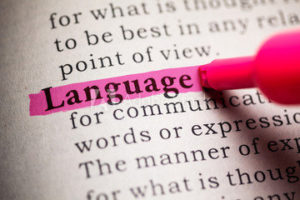
Forensic linguistics is concerned with every aspect of language and the law.
…linguistics is virtually invisible to most people…Just as physicians are trained to see things in an X-ray that the average person with excellent vision cannot see, so linguists are trained to see and hear structures that are invisible to the lay person.
Roger Shuy, xvii, Language Crimes
A forensic linguist is sometimes a general practitioner and sometimes a specialist in any of a number of sub-areas within the science. If you are a Shakespeare scholar, questions of authorship might interest you. If your interest is in phonetics, then voice identification might appeal. A conversational analyst might be interested in the detection of emergency hoax calls…














